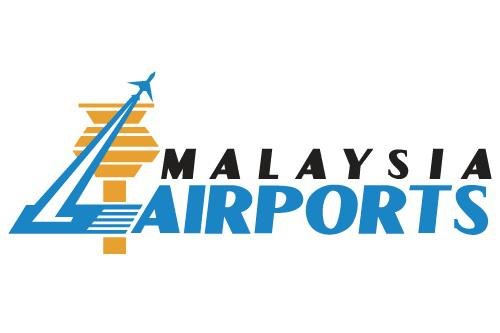Malaysia Airports and Alibaba Announce Operation Commencement of Cainiao Aeropolis eWTP Hub, Malaysia

New e-fulfilment hub at Aeropolis aims to support Malaysia as a growing regional e-commerce logistics hub with 24-hour local delivery and 72-hour delivery worldwide
SEPANG/HANGZHOU – Malaysia Airports’ Aeropolis and Alibaba Group welcome the commencement of operations of the new e-fulfilment hub, Cainiao Aeropolis eWTP Hub, Malaysia (formerly known as KLIA Aeropolis DFTZ Park) as part of their joint efforts in strengthening the economic recovery of Malaysia and supporting the increase in trade flow in the broader region. The hub is a joint venture (JV) between Malaysia Airports and Alibaba Group, and a major project under the electronic World Trade Platform (eWTP) partnership entered between the Malaysian government and Alibaba Group in 2017. The commencement of operations is expected to help facilitate 24-hour delivery within Malaysia for e-commerce operators, with the ultimate goal of enabling 72-hour delivery to the rest of the world.
Operated by Alibaba’s logistics unit, Cainiao Smart Logistics Network (Cainiao), Cainiao Aeropolis eWTP Hub, Malaysia aims to help elevate KL International Airport’s (IATA: KUL) air cargo network status as one of the leading distribution gateways within the ASEAN region. The e-fulfilment hub will reinforce the country’s cargo and logistics ecosystem spanning air, sea and land connectivity.
On top of this, industry participants can look forward to the application of smart supply chain technology and knowledge transfer capability in logistics. Southeast Asia’s largest e-commerce firm Lazada is the first to leverage this hub while more companies are expected to move in soon to establish their regional distribution centers.
According to group chief executive officer (CEO) of Malaysia Airports, Dato’ Mohd Shukrie Mohd Salleh, the airport operator is constantly looking at initiatives that can leverage KLIA’s vast 10 x 10 km landbank, “The Cainiao Aeropolis eWTP Hub, Malaysia occupies 60 acres (2.6 million sqft) with 1.1 million sqft of warehouse space. We are confident that the new facility will be able to increase cargo volume by 700,000 metric tonnes, thus doubling KUL’s current volume to 1.4 million per year by 2029. We are targeting vertical markets from the automotive, sporting goods, fast moving fashion and lifestyle, retail electronics and medical equipment sectors, among others.”
“With the growth in cargo volume, we are looking at improved airline connectivity via KUL with new routes and increase in flight frequency, belly space utilisation and freighter capacity. We hope to double the current number of freighter flights in the next 10 years. Existing airline partners at KUL will enjoy new business yield while we create a synergistic partnership with local industry players e.g. Pos Aviation, MABKargo and GTR to integrate existing facility within the Cainiao Aeropolis eHub, Malaysia while the final mile delivery for the fulfilment of the goods will be operated by GDex, Pos Laju, J&T Express and others,” he said.
“Constant improvements through automation, robotics and artificial intelligence and big data will continue to be made to the supply chain and value-added services. There is potential to hit at least USD10.1 billion GDP growth and create more than 100,000 jobs by the 10th year of the hub’s operations,” he further added.
Eric Xu, General Manager of Cainiao Smart Hub said, “As one of Cainiao’s key regional hubs, the Cainiao Aeropolis eWTP Hub, Malaysia will play a strategic infrastructural role in facilitating cross-border trade for SMEs and improving overall consumer experience for imports and exports. With the rise of a global digital economy, we believe that smart logistics will continue to play a pivotal role in helping SMEs to access a wider global market and improving their market competitiveness.”
The core businesses of the e-hub include cargo terminal operation (CTO), warehousing and sorting centres within the Free Commercial Zone (FCZ). The facility promises seamless cargo entry and exit movement as it will have an internal customs inspection point set up within its grounds to increase security and efficiency while reducing cargo handling time. Due to its strategic location within the FCZ, the facility will also benefit from the FCZ provision for value added services including light manufacturing, assembly, sorting, picking, re-labelling and packing.
For more information and the official news source please visit:
https://www.malaysiaairports.com.my/media-centre/news/malaysia-airports-and-alibaba-announce-operation-commencement-cainiao-aeropolis


